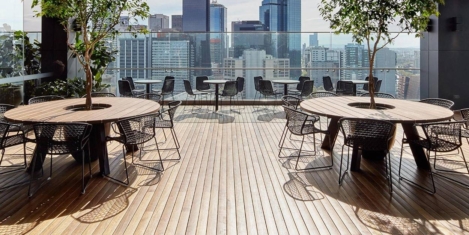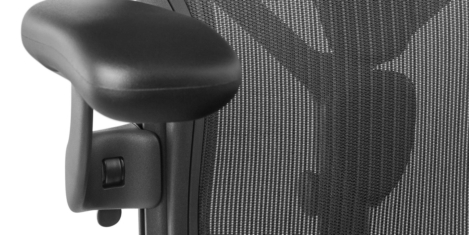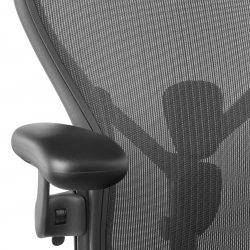November 10, 2016
The changing workplaces of Australia’s law firms; more in common with hotels than offices 0
 Features such as baristas, sky terraces and fine dining will continue a process of transformation at the workplaces of Australia’s leading law firms over the next few years, claims a study by Melbourne based architecture practice Bates Smart. The report claims that the legal workplaces of today are are already unrecognisable compared to what was considered typical yesterday, having more in common with a five star hotel than a traditional office. Bates Smart predicts an even greater shift towards flexibility, collaboration and hospitality from legal firms in the future with the publication of four key findings in its new whitepaper, The Legal Workplace 2020, The report analyses trends in over 135,000 sq. m. of legal practice workplaces and draws conclusions that are indicative of key trends for law firms and the wider market alike.
Features such as baristas, sky terraces and fine dining will continue a process of transformation at the workplaces of Australia’s leading law firms over the next few years, claims a study by Melbourne based architecture practice Bates Smart. The report claims that the legal workplaces of today are are already unrecognisable compared to what was considered typical yesterday, having more in common with a five star hotel than a traditional office. Bates Smart predicts an even greater shift towards flexibility, collaboration and hospitality from legal firms in the future with the publication of four key findings in its new whitepaper, The Legal Workplace 2020, The report analyses trends in over 135,000 sq. m. of legal practice workplaces and draws conclusions that are indicative of key trends for law firms and the wider market alike.





































October 19, 2016
Where are zero hours contracts and the gig economy taking us? 0
by Mike James • Comment, Flexible working
More →